What is the Best Window Replacement and How to Choose the Right One?
The best window replacement for you will depend on a few factors, including your budget, the climate of your location, and the kind of home you have. If you already have a style or design in mind, it's a good idea to talk to the contractor directly. They'll be able to give you a professional opinion about whether or not your design choice is the best option for your home.
To choose the best window replacement for your location, consider the weather. Do you live in a very cold climate or a very hot one? Is it very rainy in your area? Once you’ve answered these questions, these 4 features should be weighed accordingly.
-
R-value: This measures how well a window prevents heat loss. Basically, it’s about insulation. This will ensure that the window keeps the right temperatures in and the wrong temperatures out.
-
U-value: The U-value is the opposite of the R-value. So, you want a high R-value and a low U-value.
-
Wind resistance: This tells you how much air leakage a window will allow. You want a lower number for this because that indicates a better seal.
-
Solar gain: The solar heat gain coefficient or SHGC, for short, measures how well the window will allow the room to be heated by the sun. This can be good or bad depending on the weather (in the summer it's bad, in the winter it's good). The greater the solar gain, the higher the number.
Windows have these different ratings clearly marked, so use these factors to determine which types of windows are right for you. If, for example, you live in the southern half of Florida, Texas, or Louisiana, you’ll look for windows with a U-value of .40 or lower and a solar gain of .65 or lower. On the other hand, more northern areas like Maine and New York will look for U-values of .35 (solar gain isn’t such a factor in the northern areas).
How Much Does the Average Window Replacement Cost?
The average cost to replace windows will vary significantly depending on several factors. These can include:
-
The quality of materials used
As with any project, there are high-end and low-end material options. Depending on your budget, you’ll decide on the material that works best for you.
-
Frame material and type
It's not just the quality of material that'll affect window replacement costs. The type of frame and glass you choose will also vary considerably. Vinyl window frames are significantly more cost-effective than the common alternative, wood. It's easier to manufacture and is more readily available. Wood, on the other hand, is a beautiful option, but it'll cost roughly 30%-50% more. Fiberglass is another option that walks the middle ground between these 2 pricing options.
-
Glass type
How thick, any special effects (such as glazed or stained), and other factors can considerably raise the cost of your glass package. Energy-efficiency is one of the most popular features people look at. This will raise the cost of your replacement windows by roughly 15%. Before you write this one off, though, realize that energy-efficient windows can give you a return of up to 75% in a few years.
-
Installation
The level of difficulty involved in the installation will also determine the price. More difficult installations will cost more, including where in the house it’s being installed, full-frame installations, and fancier bay-style windows.
-
Number of windows being replaced
This is obvious. The more windows you replace, the more it’ll cost you. Several window replacement companies will offer discounts, though, for multiple home window replacements done simultaneously.
Types of Window Replacements
Home window replacements can vary in terms of frame style, glass thickness, glass type, and more. Some of the most prevalent types of window replacements include:
-
Single-hung windows
The bottom half of the window is the one that moves.
Average cost: $170-$360
-
Double-hung windows
Both the upper and lower parts of the window can move.
Average cost: $450-$600
-
Arched windows
These are windows with a round top.
Average cost: $325-$500
-
Awning windows
These open outwards to the outside.
Average cost: $420-$760
-
Bay windows
This is a window bay that pushes out from the exterior wall, creating a bench within your home.
Average cost: $1,150-$3,550
-
Bow windows
This is a rounded semi-circle of windows on the exterior of the house.
Average cost: $1,400-$3,800
-
Casement windows
Like shutters, it is a single panel that swings out to the right or left or up or down.
Average cost: $270-$750
-
Egress windows
This is an escape hatch-style window, often seen in basements.
Average cost: $100-$5,000
-
Garden windows
These are miniature bay windows that you can put plants in.
Average cost: $1,000-$4,000
-
Glass block windows
These are literally blocks of glass, an accent item.
Average cost: $365-$785
-
Hopper windows
These generally open from the top, and are good for small spaces.
Average cost: $265-$720
-
Jalousie windows
This is a multi-slatted window style.
Average cost: $175-$375
-
Picture windows
This is a large glass-paned window, ideal for beautiful views.
Average cost: $245-$850
-
Round circle windows
These cute windows can be elliptical, oval, round, or half circles. These are decorative, as well as allowing light into smaller spaces.
Average cost: $250-$750
-
Skylight windows
These are installed on the ceiling, perfect for letting more light in with limited exterior wall space.
Average cost: $900-$2,130
-
Sliding windows
These are long, rectangular windows made up of 2 panels, one of which slides from side to side.
Average cost: $320-$1,300
-
Storm windows
Another layer of protection, these are installed directly on top of your current windows.
Average cost: $200-$460
-
Transom windows
Another attractive option, these are decorative windows installed merely to add more style to an area.
Average cost: $200-$575
You can also get custom windows. Not everyone will offer all of these services, but all of the good window replacement companies will have a good enough selection to give you plenty of options to choose from. They’ll also help you choose the best replacement windows for your home situation and budget.
What Window Materials Should I Look For?
The material of your replacement windows will dramatically change the price of your project, as we’ve noted earlier. Here are a few of your options for frames:
-
Wood versus vinyl frames, we’ve already discussed
-
Fiberglass, the happy medium
-
Fibrex is a composite of wood and epoxy resin: This option doesn't rot or deteriorate but looks like wood.
In terms of the glass itself, you can get single, double, or triple-pane. These can be coated with multiple coatings to weatherproof or create more energy-efficient options. Choose your window material based on location and budget, but factor in things like energy-savings and wear over time as well.
Andersen Windows, a company that's been around for more than 100 years, is highly rated and continues to expand on its reputation with innovative designs and state-of-the-art technology.
There are many factors that determine the price of window replacements, from the window type itself to the materials and installation methods. Basic single-hung windows may start at around $170 and go up from there, while more elaborate types such as bay windows could start at around $1,500.
There's no one answer, as it depends on the condition of the home, the weather and atmospheric influences on the windows, as well as aesthetic and design preferences.
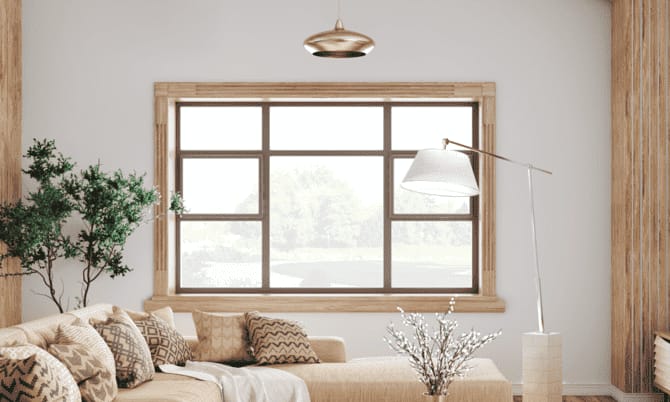



.20210211091829.png)





.20200508140734.png)

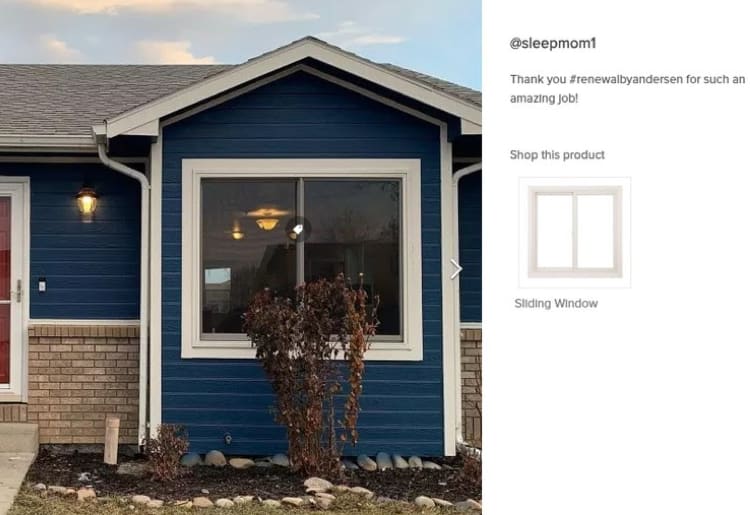

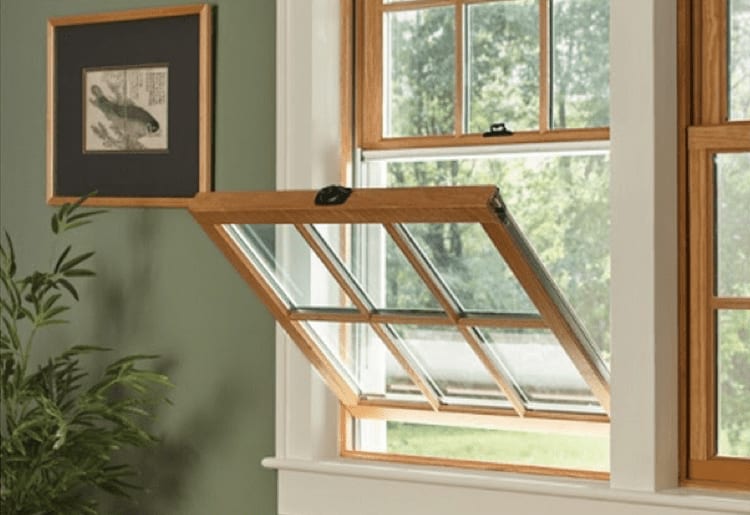

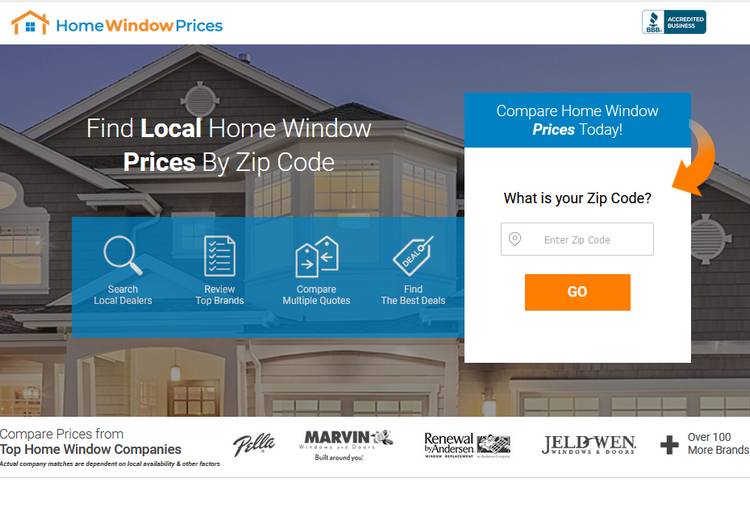
.20210211091829.png)
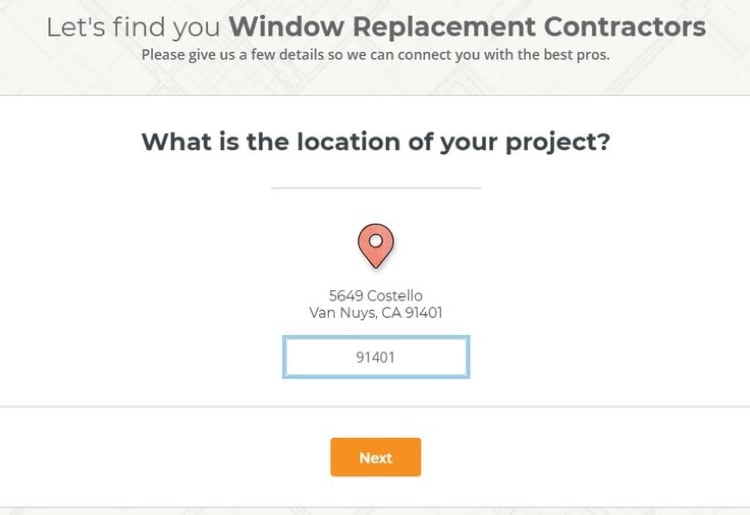



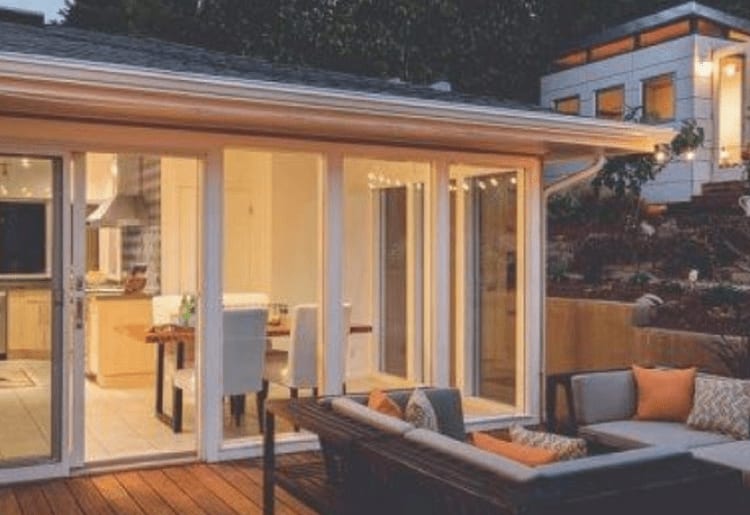

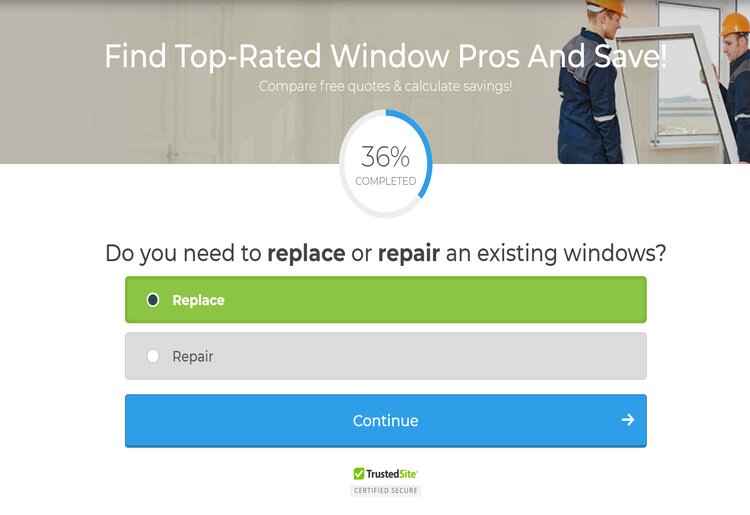

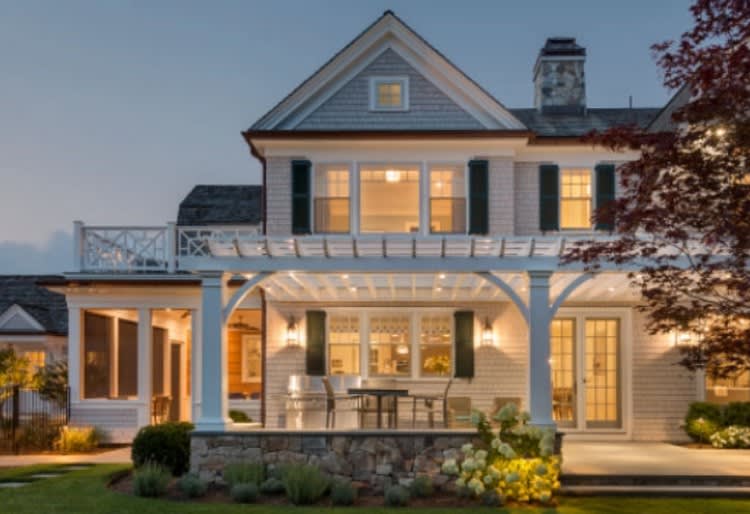
.20200508140734.png)
.20200508143800.png)